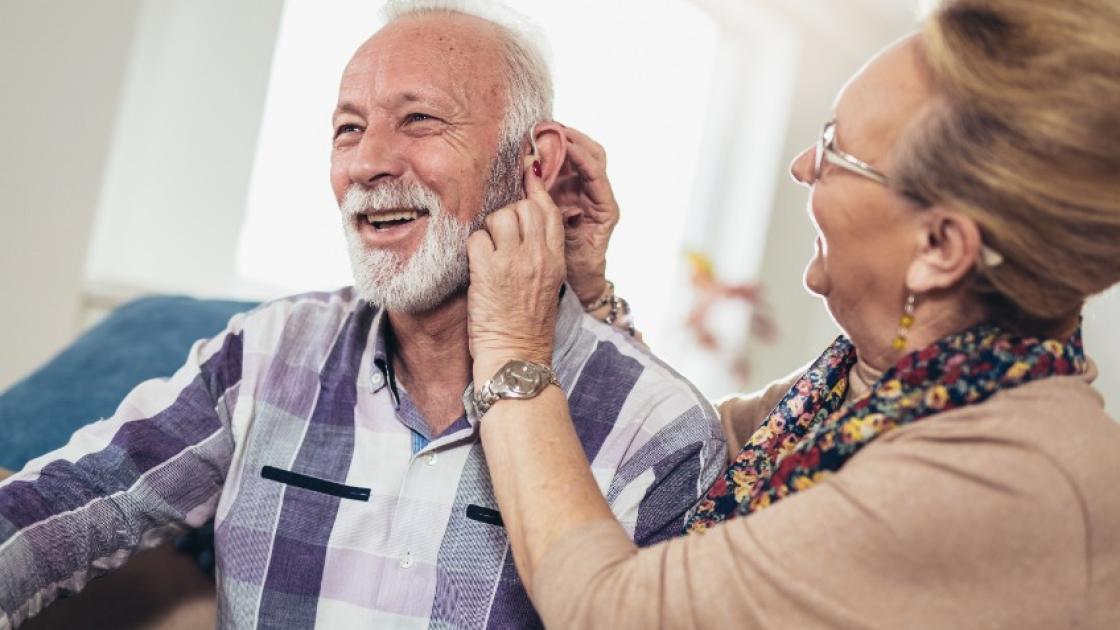
Signs you might need hearing aids
Hearing aids are wearable or implantable devices that help amplify sounds and make sounds more distinct. According to the U.S. Centers for Disease Control and Prevention, about 7 percent of people in the United States aged 45 and older use some form of hearing aids. If you're a candidate for hearing aids, know that these devices could make a tremendous difference to your quality of life.
Do you think you could tell if you need hearing aids? Keep reading to learn about the warning signs of hearing loss, as well as some common myths about hearing aids that may be preventing you from reaching out to a health care provider.
Signs that you may benefit from hearing aids
It's not always easy to tell whether you're experiencing hearing loss or whether you could benefit from hearing aids. Here are some signs to look out for:
- You feel like people mumble a lot or speak too quietly
- You frequently ask people to repeat themselves, especially when you're in noisier environments
- You notice that people often have to gesture, stand directly in front of you, repeat themselves or speak more loudly in order to get your attention
- You feel like you can hear people but can't understand what they're saying, especially when they make higher-pitched sounds (e.g., consonant sounds like s, sh, f or th) or when they have higher-pitched voices
- You notice that it's harder to understand someone when you can't see their face or when you're speaking to them through a phone or audiovisual technology (like Zoom)
- You tend to keep the volume on your television, phone or radio much higher than other people do
- You struggle to follow the conversation in group settings, public gatherings, live theatrical productions, etc.
As you can imagine, untreated hearing loss can be frustrating! If you have hearing difficulties, you might notice yourself feeling impatient, irritated or overwhelmed in social situations. You may even begin to withdraw socially.
If any of these signs or symptoms sound familiar to you (no pun intended), reach out to your health care provider. A doctor can screen you for hearing loss and, if necessary, refer you to providers who specialize in hearing and communication issues, such as an audiologist or a speech-language pathologist.
Making things loud and clear: common myths about hearing aids
Many people have misconceptions or concerns about hearing aids that will prevent them from seeking care. Here are some of the most common hearing aid myths we'd like to dispel:
- Hearing aids are uncomfortable. They may take some getting used to, but hearing aids should actually be quite comfortable and easy to don and doff when properly fitted.
- Hearing aids make you look old. Ongoing scientific and medical research has led to some impressive advances in hearing aid technology. Today's hearing aids come in a variety of sizes and styles that offer discreet yet effective sound amplification. Far from making people feel old, hearing aids often make people more confident than they have in years! Our audiology providers can help you select the best hearing aids for your needs, comfort and lifestyle.
- Hearing aids only help the person wearing them. Hearing aids improve communication and speech comprehension, which benefits both the individual wearer and the people they interact with, especially their loved ones.
Would you like to speak to someone about hearing aids?
If you live in Southern Illinois and are looking for an experienced health care provider who can support your hearing needs, contact SIU Medicine today to find a doctor near you.




